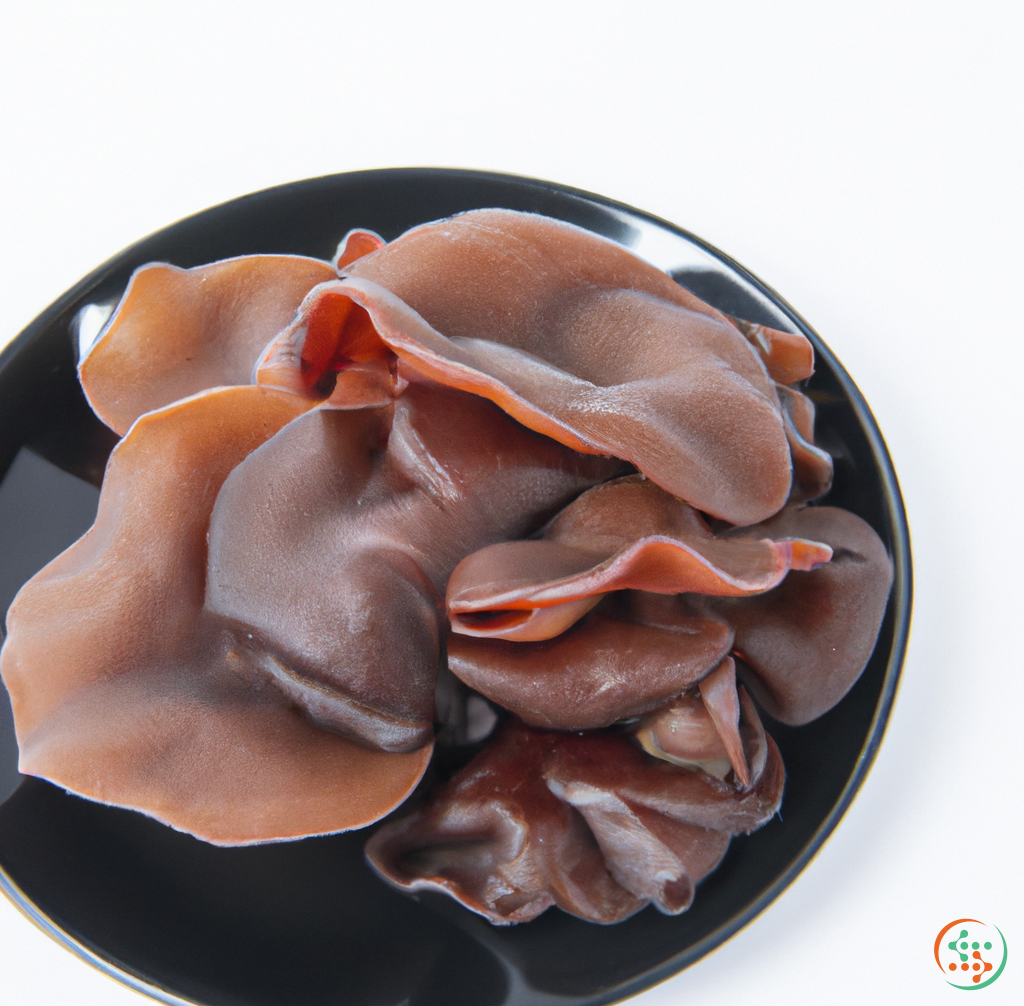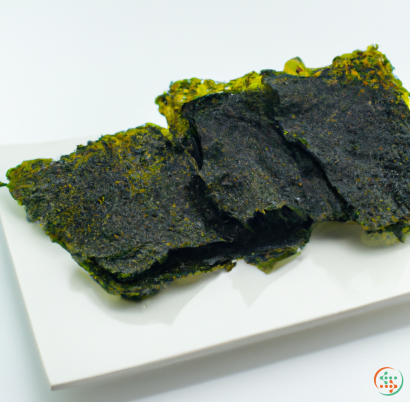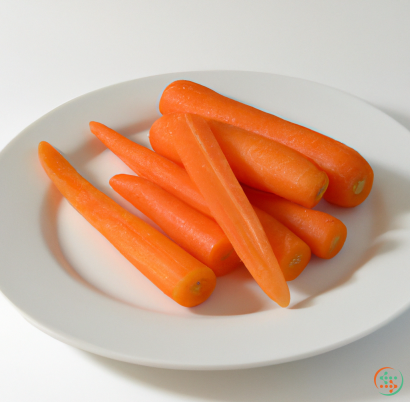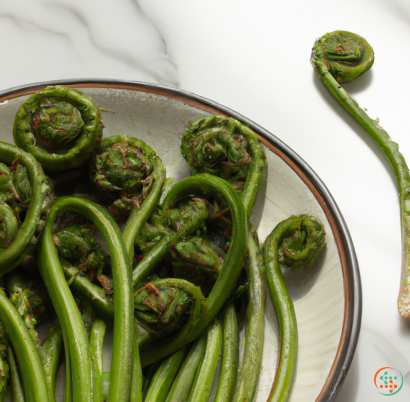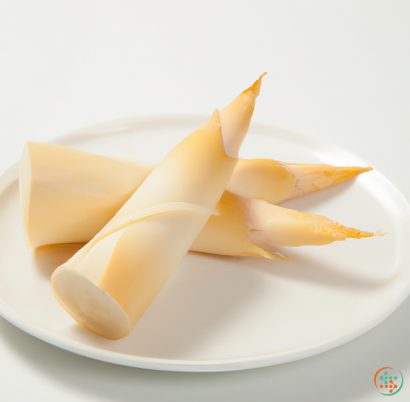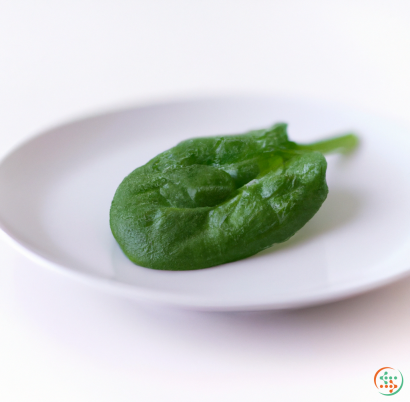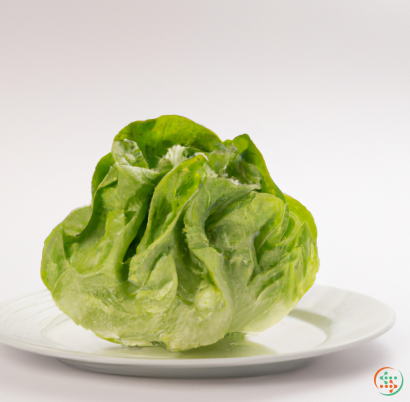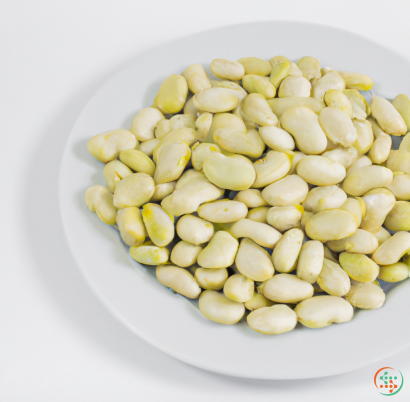Jew's Ear Mushroom
Most of us have heard of mushrooms and know that they come in many different shapes, sizes, and varieties - but beyond this general knowledge, what do we really know about them? Well, one of the more peculiar fungi species that some may not have heard of is known as the Jew’s Ear mushroom (Auricularia auricula-judae), also known colloquially as “jelly ear” or “wood ear” because of its unusual shape and texture. This distinct-looking mushroom can be found growing on decayed hardwood in regions around the world, and although it may be small, it is packed with lots of nutrition and potential health benefits.
The Jew’s Ear mushroom, also referred to as Auricularia auricula-judae, is an interesting looking fungus species. This mushroom is characterized by its off-white to brownish color, fan-like shape, and gelatinous texture, which is why it’s sometimes referred to as “jelly ear” and “wood ear”. This peculiar fungus typically grows on decayed hardwood or dead tree trunks in areas of Southeast Asia, including Thailand, Vietnam, China, Japan and Taiwan, as well as parts of Europe, North America, and South America. The Jew’s Ear mushroom is not as commonly seen or talked about as other mushrooms and fungi, but it has been used by European cultures for centuries as a culinary ingredient and a traditional medicinal remedy.
When it comes to nutrition, the Jew’s Ear mushroom is quite an underrated superfood. This fungi is an excellent source of essential minerals like zinc, copper, iron, and potassium, all of which are important for a variety of essential bodily functions. Moreover, this fungus contains substantial amounts of vitamins, such as Vitamin C and Vitamin B-complex, both of which are necessary to help promote healthy skin, hair, and nails. In terms of protein, this mushroom is also surprisingly filling and provides an impressive 4.5g of protein per 100g serving - that’s more than most common vegetarian ingredients like tofu and seitan!
The Jew’s Ear mushroom is also associated with numerous potential health benefits, so incorporating this fungus into your regular diet might be beneficial. This mushroom is known for its low-calorie, low-fat content, which makes it an ideal health food for those trying to lose weight. Additionally, this fungus is also believed to reduce inflammation, strengthen the immune system, fight allergies, lower cholesterol, and improve blood circulation - all good things for your overall health and wellbeing.
Moreover, this mushroom can be used medicinally to treat a variety of minor illnesses and ailments. The Jew’s Ear mushroom is traditionally used to treat colds, coughs, and sore throats, as its high Vitamin C content makes it a natural expectorant and anti-viral. Additionally, it’s also thought to help with respiratory infections, digestive issues, and conditions like hyperlipidemia (high cholesterol).
Though the Jew’s Ear mushroom may not be as popular as other vegetarian staples like mushrooms and portobellos, this humble fungus is full of nutritious benefits and potential health benefits. If you haven’t already, try incorporating the Jew’s Ear mushroom into your diet to get the most out of its health benefits!
What is a Jew’s Ear Mushroom?
A Jew’s ear mushroom, also known as Auricularia auricula-judae, is a species of edible mushrooms widely believed to have originated in Southeast Asia. It belongs to a genus known as auricularia, which includes several species of jelly-like mushrooms. Its other common names include tree ear, ear fungus, and wood ear. Although the mushrooms do not physically resemble a human ear, so the Jew’s ear moniker is likely based on the Biblical story of Judas Iscariot, the disciple who betrayed Jesus.
The Appearance and Structure
The Jew’s ear mushroom is a jelly-like mushroom typically found growing on dead tree trunks or branches. It has a distinctive, ear-like shape, that is typically deep-brown in color and ranges in size from 1-2 inches. The mushroom is quite pliable when first found and feels slightly slimy, but quickly dehydrates and becomes rubbery. As the mushroom grows it becomes more dense and gel-like, although it dries slowly, making it a better candidate for drying than other mushrooms.
Habitat and Range
Jew’s ear mushrooms are found in a variety of temperate climates worldwide, including Australia, New Zealand, China, and Europe. In the US, however, it is most commonly found across the eastern coast, specifically in the northeast. It generally can be found in areas with moist soil, deadwood, and fallen logs, and is particularly common in deciduous and coniferous woods.
Health Benefits
The Jew’s ear mushroom is considered to be a healthful food due to its high nutrient properties. It is a good source of dietary fiber, proteins, and vitamins, and contains high amounts of polysaccharides, which have been linked to anti-inflammatory and anti-cancer benefits. The mushroom is also low in fat, calories, and cholesterol, making it an ideal food for those looking to improve their diet.
How to Harvest Jew’s Ear Mushroom
Jew’s ear mushrooms are relatively easy to harvest, although they do require patience and some understanding of their life cycle. The best time to pick Jew’s ear mushrooms is between October and April, when the mushrooms are in prime condition. During this period, the mushrooms should be harvested during the day while they are still moist, as they typically begin to dry up during the night.
When looking for Jew’s ear mushrooms, you should make sure to examine the tree branches and trunks carefully, as the mushrooms can easily be overlooked. Once you have identified the mushrooms, carefully remove them from the tree using a sharp knife or scissors. It is important to avoid damaging the mushrooms, as this can impair their quality. After harvesting the mushrooms, you should immediately store them at room temperature so that they stay moist.
Cooking Jew’s Ear Mushroom
Once the mushrooms have been harvested, they are ready to be cooked. Jew’s ear mushrooms are most commonly cooked by boiling, steaming, pan-frying, stewing, or stir-frying in a variety of dishes. They may also be dried and used to make soups, salads, stews, and stir-fries. When cooked, the mushrooms become soft and jelly-like, with a delicate, mild flavor.
Where to Find Jew’s Ear Mushroom
Jew’s ear mushrooms can typically be purchased at health food stores, Asian markets, gourmet grocery stores, and online specialty shops. You may also be able to find them at farmers’ markets and local farm stands. When shopping for Jew’s ear mushrooms, look for dark brown, slightly slimy specimens that should be kept moist and cool as much as possible.
Serving Jew’s Ear Mushroom
Jew’s ear mushrooms can be served as a side dish or as an ingredient in a variety of recipes. When preparing the mushrooms, it is best to lightly fry them in some oil before serving, as this will help to retain their flavor and texture. The mushroom can also be served over rice or noodles, or added to soups and stews.
Conclusion
Jew’s ear mushrooms are a unique and flavorful species of edible mushrooms that are widely believed to have originated in Southeast Asia. The mushroom is often found growing on dead tree trunks and branches and is highly nutritious. It is particularly high in polysaccharides, which have been linked to anti-inflammatory and anti-cancer benefits. Jew’s ear mushrooms can be harvested, cooked, and served in a variety of preparations, making them an excellent addition to any meal.
| Vitamin C | 0.6 mg | |
| Vitamin B1 | 0.08 mg | |
| Vitamin B2 | 0.2 mg | |
| Vitamin B3 | 0.07 mg | |
| Vitamin B5 | 0.00199 grams | |
| Vitamin B6 | 0.09 mg | |
| Vitamin B9 | 0.019 mg |
| Calcium | 0.016 grams |
Daily Value 1.3 g
|
| Iron | 0.56 mg |
Daily Value 0.018 g
|
| Magnesium | 0.025 grams |
Daily Value 0.4 g
|
| Phosphorus | 0.014 grams |
Daily Value 1.25 g
|
| Potassium | 0.043 grams |
Daily Value 4.7 g
|
| Sodium | 0.009 grams |
Daily Value 2.3 g
|
| Zinc | 0.66 mg |
Daily Value 0.011 g
|
| Copper | 0.45 mg |
Daily Value 0.9 mg
|
| Manganese | 0.1 mg |
Daily Value 0.0023 g
|
| Selenium | 0.0111 mg |
Daily Value 0.055 mg
|
| Total Sugars | 0.131141 grams |
per 100g
|
